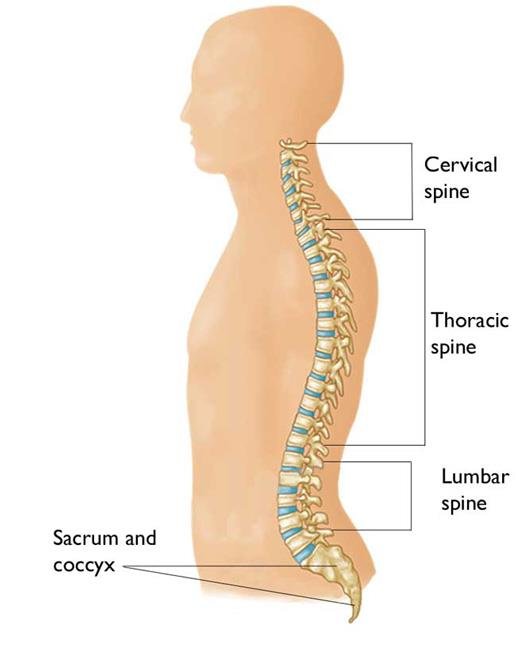Cervical Spondylitis

Symptoms of Cervical Spondylitis
For most people, cervical spondylosis causes no symptoms. When symptoms do occur, they typically include pain and stiffness in the neck.
Sometimes, cervical spondylosis results in a narrowing of the space needed by the spinal cord and the nerve roots that pass through the spine to the rest of your body. If the spinal cord or nerve roots become pinched, you might experience:
- Tingling, numbness and weakness in your arms, hands, legs or feet
- Lack of coordination and difficulty walking
- Loss of bladder or bowel control
What are the symptoms of a perianal abscess?
The most common symptom of a perianal abscess is a swollen and tender boil (similar to a large pimple) near the edge of your anus. It may be red, extremely painful or constantly throbbing. Sitting down, coughing and pooping may make it hurt worse.
Other signs and symptoms of an anal abscess include:
- Pus-like discharge from the anus.
- Pain in your anus or rectum.
- Lump or nodule that’s red, swollen and painful.
- Constipation or painful bowel movements.
- Irritation of the tissue around your anus.
- Rectal bleeding.
- Pain in the lower part of your abdomen.
Abscesses can also cause fever, chills and other flu-like symptoms.
Surgery to treat a perianal abscess
You will be reviewed by the surgical team and assessed by an anaesthetist before surgery. They will discuss your general health and any risks that may be involved. Please ask any questions if you are uncertain about anything.
The surgery does not take long and is often performed as a day case. This means that you can come to hospital, have your operation and leave on the same day.
You usually have a general anaesthetic in an operating theatre. This is a medicine that makes you sleep and stops you feeling pain during the procedure.
Your surgeon will examine where the abscess is, drain the pus and clean the area.
Other treatment options
Surgery is often the only way to treat an abscess and remove all the infected tissue.
Sometimes, an abscess can drain by itself without treatment, or be very small and not need any surgery. Your surgeon talks to you about your treatment options.